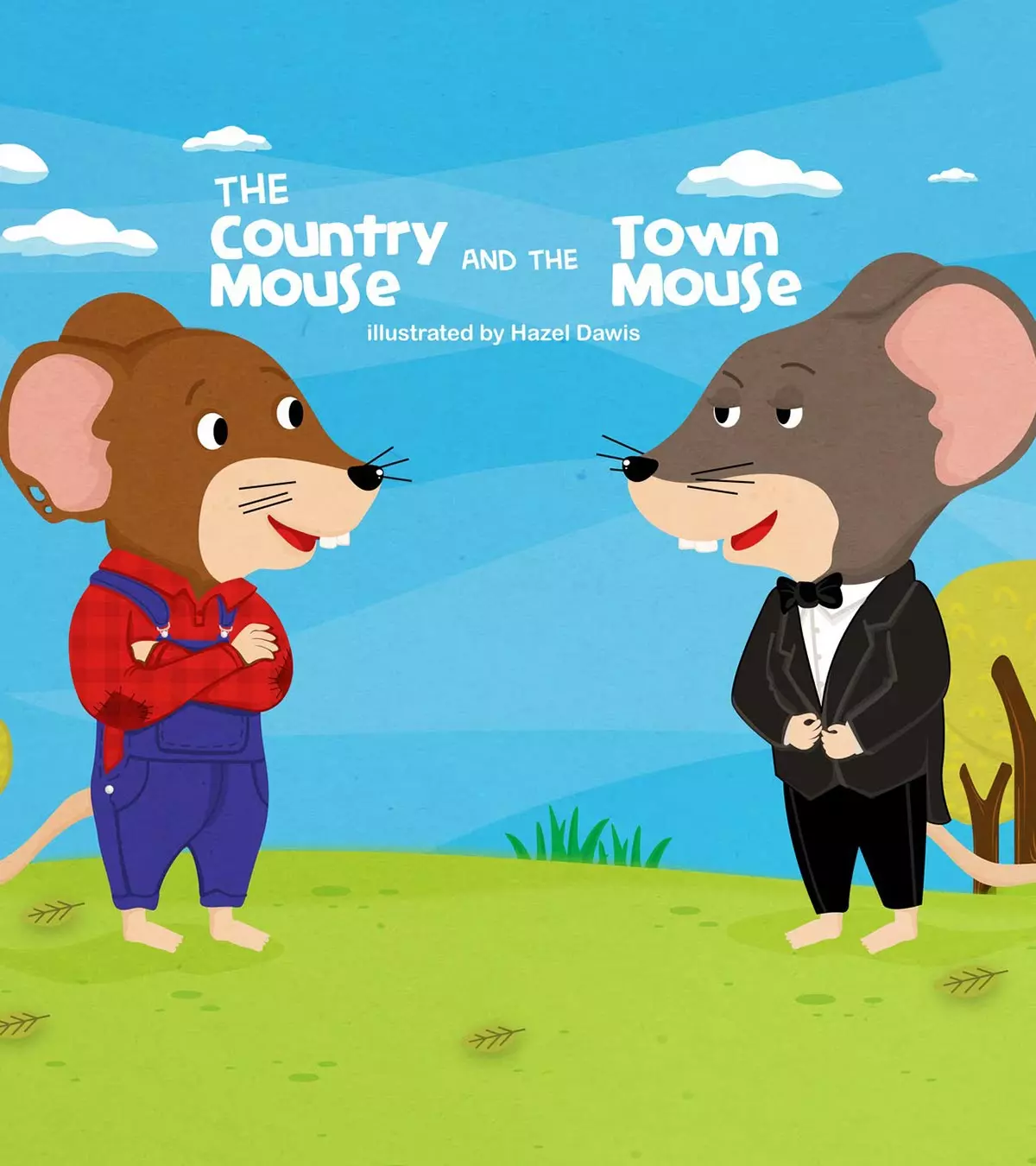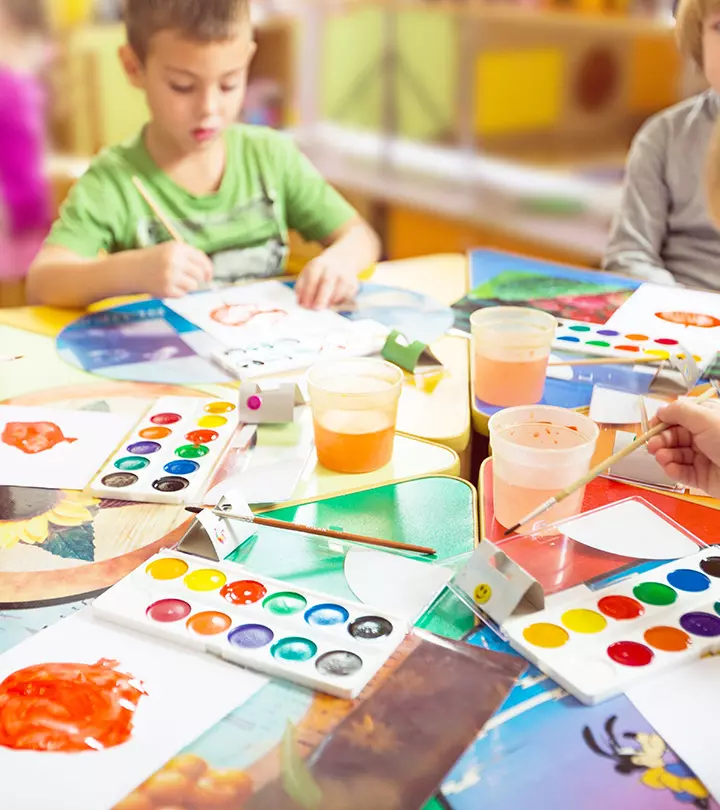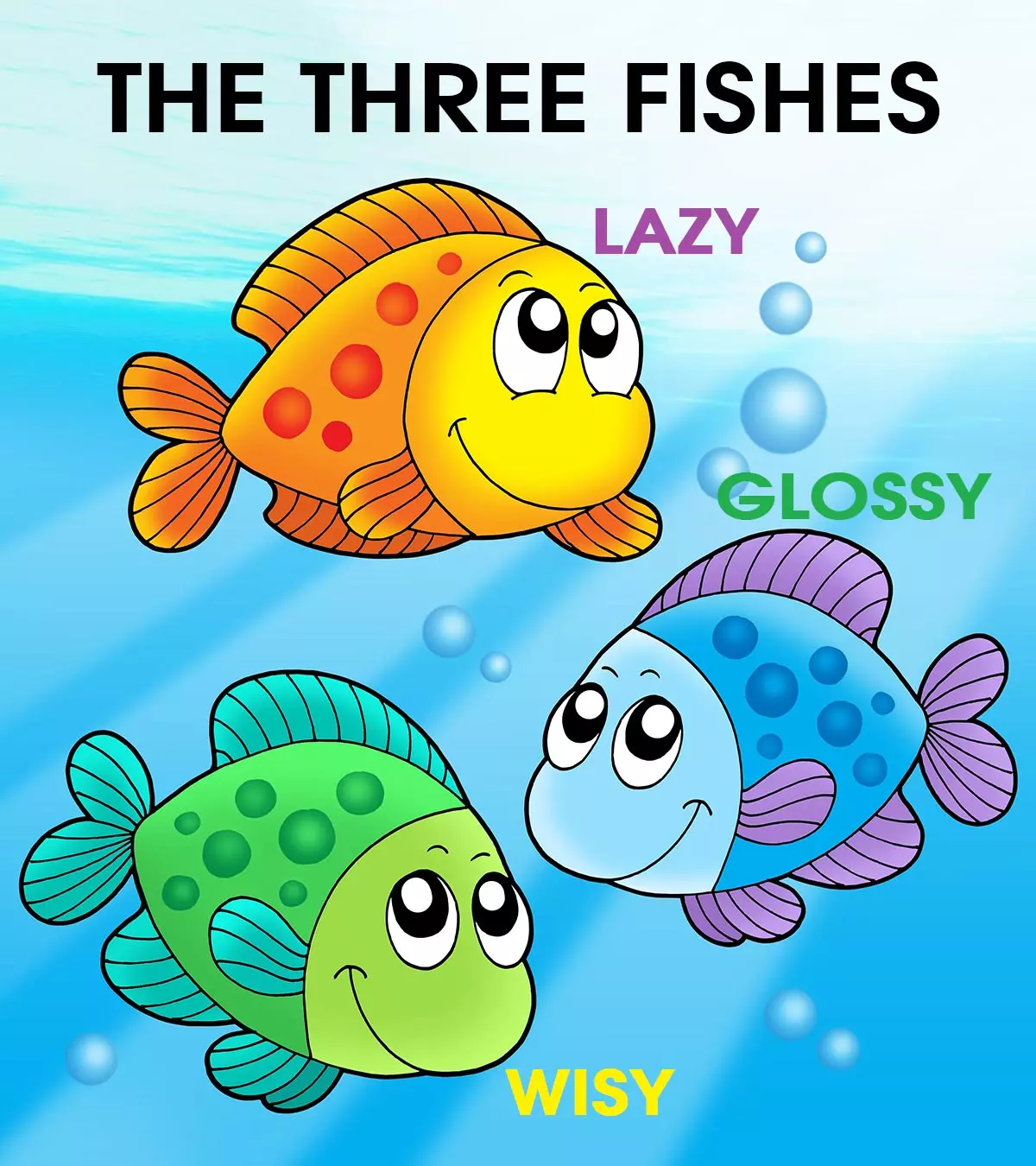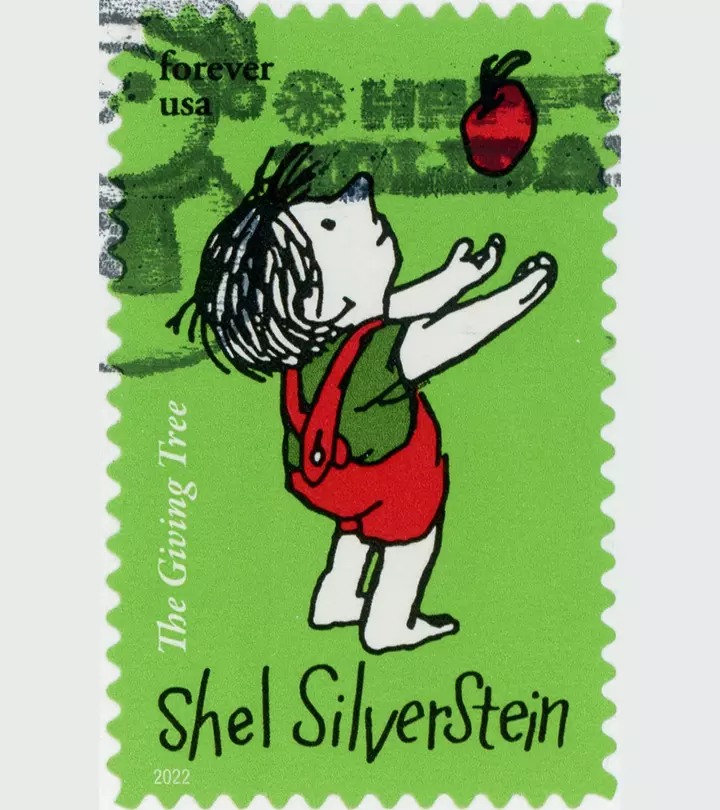
Image: Shutterstock
Storytelling is a traditional art followed by our forefathers.
You can enjoy it during babyhood up to your early teens. For example, you may tell your child ‘The Town-Mouse And The Country-Mouse’ Story to teach them the importance of being happy and content with what they have rather than going after materials and money. The story is a beloved fable from Aesop’s collection, dating back thousands of years. It is a testament to the importance of storytelling as a mode of education and entertainment, seeing how it is relevant today.
Unfortunately, our children are born in a media-centric age where television and the internet have taken priority over these simple pleasures and these early experiences of childhood are slowly fading from their lives. Storytelling has tremendous benefits for your child’s development. Children love a good story, especially those that end with a moral.
Key Pointers
- Storytelling helps children expand their vocabulary, improve listening skills, and enhance memory power.
- Stories can be narrated to children during road trips, parties, and social events.
- Storytelling is a beautiful way to spend time with children, teach them important lessons, and reduce screen time.
- The moral conveys that living a simple and modest life is better than living a life of luxury and worry.
Benefits Of Storytelling
Storytelling has many benefits like:
- It helps children develop good language and comprehension skills.
- For younger children, listening to the storyteller’s words helps them learn pronunciation.
- It nurtures their inner imagination and creativity.
- It helps in expanding their limited vocabulary.
- The whole idea of a story being told, from the plot to the end, creates a magical experience for children.
- Storytelling can be used as a medium to explain complex topics like friendship, fear, and love and also about cultures and life philosophies.
- Children can also learn the difference between good and bad through the characters or their deeds in the story. This in turn can help them make the right decisions in real-life situations.
- Also, stories are best when they have an interesting moral in the end. These are a huge hit with children and they can reap huge benefits from listening to such stories.
One such story with a good moral is “Town Mouse and the Country Mouse.”
The Town Mouse And The Country Mouse Story
Short stories like this one are always entertaining and interesting for children. The story goes like this:
- One day the town mouse visits his cousin the country mouse at his house in the country.
- There, the country mouse, full of excitement to play host and show hospitality to the town mouse, serves a humble dinner with beans, bacon, cheese, and some bread.
- The town mouse with a lot of pride isn’t happy about what his country cousin has served him and asks how he can live in such poor and deprived conditions.
- The town mouse, wanting to show the country mouse how to live life, invites the country mouse back to his place and the country mouse accepts his invitation.
- They traveled all day long and reached the town mouse’s house late at night. The town mouse took him straight to the grand dining room.
- There, the country mouse was amazed to see remains of a fine feast and soon he found himself indulging in jellies and cakes.
- Just as the country mouse was enjoying his food, they were interrupted by a loud noise that seemed like growling and barking.
- When the country mouse asked his town cousin what that was, he replied they were just dogs. As soon as he could finish his sentence, in came running two huge mastiffs that made the two mice scamper to safety.
- Just after this incident, the country mouse decides it’s time to go back to his country house, to which the town mouse asks why he’s leaving so early.
- The country mouse says he’s better off eating his beans, bacon cheese, and bread in peace than having cakes and ale in discomfort and fear.
Moral Of The Story
The tale of the town mouse and the country mouse conveys that living in simplicity with modest means and being satisfied is much better than living with luxury, abundance, or excess but in constant anxiety.
- The town mouse had the best food and luxury at the townhouse he lived in, but every minute, he lived in fear for his life with no security. This contrast teaches us the value of leading a simple life.
- The country mouse is initially envious of the town mouse’s luxurious lifestyle, but when he learns of the latter’s constant danger, he realizes his mistake. This shows how dangerous envy and jealousy can be.
- The country mouse doesn’t have much to live on, but he’s happy and content and lives each day with satisfaction, showing us how contentment triumphs over greed.
Why Should You Cultivate The Habit Of Storytelling?
Storytelling is a part of our tradition that should be continued and not be allowed to die out. Our children are born in a media-dominant age where they get instant gratification via cartoons, video games, and short-form video content, ruining their attention spans and deteriorating their curiosity. Keeping the habit of storytelling alive ensures that kids nurture their imagination and creativity. Storytelling is essential to childhood development because it breeds empathy, teaches critical moral values, and encourages communication in kids.
Why To Start Storytelling?
It’s a wonderful way to bond with your child, especially for working parents who are busy all day. Curling up in bed together and reading a story would be a much-needed break from the boredom.
- By storytelling, you can weave your experiences into a tale that can teach important life lessons to your child.
- It is less time spent in front of the television. Storytelling for children can also be a good method to correct them when they show unacceptable behavior or lack gratitude.
Frequently Asked Questions
1. How does the story teach children the importance of being content with what they have?
The story teaches that one may work hard to get what they want, but if their quest for success costs them their peace of mind, then all the riches are futile. One must work hard in life but also learn to be content with what life has bestowed upon them.
2. What can children learn about the dangers of being greedy from the story?
From the story, children can learn that if you give greed a place in your life, it won’t live alone and will come with stress, anxiety, frustration, exhaustion, and depression.
3. How does the story encourage children to appreciate the simple things in life?
Unlike his cousin, living a modest and tranquil life is the norm for the town mouse. The story guides us to refrain from comparing our lives and adventures with others. It shares that rather than yearning for what we lack, if we learn to show appreciation towards the comforts and possessions we have, we too can lead a happy and contented life.
4. What are some adaptations and variations of the story?
The ‘town mouse and the country mouse’ is a part of Aesop’s fables, dating back thousands of years. The story has been adapted and retold many times. In English, it was first spread by Walter of England in the 12th century but was popularized in French by La Fontaine’s Fables. Later, it was adapted by Beatrix Potter in ‘The Tale of Johnny Town-Mouse’ in 1918. While the first film adaptation of the story was in 1927, it became even more popular through cartoon retellings, like Mouse in Manhattan and The Country Mouse and the City Mouse Adventures.
Illustration: The Town Mouse And The Country Mouse Story For Kids

Image: Dall·E/MomJunction Design Team
Stories help children improve their imagination, creativity, and listening skills. They also help them learn the language and improve their communication skills. Stories are a wonderful way to keep your children engaged without relying on televisions and iPads. This moral story for kids about the ‘The Town-Mouse And The Country-Mouse’ can help your child learn important virtues such as humility and avoiding greed and introduce them to some animals. So, the next time your child asks for a new bedtime story, read this one out for them and watch them be fascinated.
Community Experiences
Join the conversation and become a part of our nurturing community! Share your stories, experiences, and insights to connect with fellow parents.
Read full bio of Elisabeth Daly
Read full bio of Harshita Makvana
Read full bio of Deepa Thomas



















